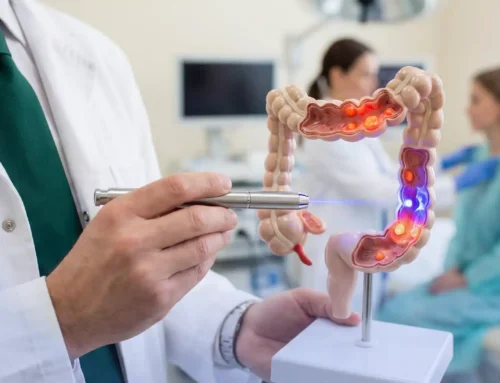As parents guide their babies through new experiences, many challenges may arise. Sometimes it’s tricky to know the difference between normal hurdles that will pass quickly and problems that will benefit from visiting doctor or seeking help from a lactation consultant. Feeding problems can fit into both categories.
Whether you’re introducing your baby to formula for the first time after breastfeeding or you’re transitioning to solid foods, sometimes problems eating or drinking can crop up. If feeding problems are persistent, then a visit to a specialist is needed.
Here at Gastro Health For Kids we are dedicated to diagnosing and managing gastrointestinal and nutritional issues in children. Whether you’re raising your first child or your third, all kids go through an adjustment as they learn to eat and drink a variety of different foods.
Getting enough nutrition is crucial to your baby’s growth and development. So it’s perfectly normal to be concerned when you notice that your baby is having trouble eating or drinking. We’d like parents to know that feeding problems come in all shapes and sizes and affect children of all ages. While it’s understandably stressful for parents, it’s important to know that feeding problems are treatable. Knowing the signs of a feeding problem versus normal, temporary eating hurdles is a good place to start.
Warning signs of a feeding problem
Some babies have trouble eating and drinking in the beginning. These normal infant hurdles tend to pass as your baby adjusts. However, persistent feeding problems during infancy and early childhood may mean that your child has an issue interfering with their ability to take in enough nourishment.
Here are some common red flags to look out for in your child:
- Refuses to eat
- Vomits frequently
- Has gas when feeding
- Cries during feeding
- Takes an extended time to eat
- Unable to hold food or liquid in mouth
- Has noticeable difficulty chewing or swallowing
Babies with feeding problems may not be able to get enough nutrition to stay healthy. You may notice that your baby is not gaining enough weight. Stopping in for a visit with our doctors or searching for a lactation consultant near me will reduce the risk of complications from feeding problems.
What causes feeding problems?
A wide variety of issues can cause feeding problems. In some cases, temporary illness can cause problems with feeding, and babies with teething pain may have some challenges eating and drinking. Swallowing disorders can prevent food and liquids from easily passing from the esophagus into the stomach. Sometimes digestive problems like slow emptying of the stomach can cause feeding problems.
Diagnosing feeding disorders
Trust your instincts if you suspect that your child may have a feeding disorder. Our team has expertise in diagnosing and treating feeding disorders. We examine your baby and perform an assessment that may include evaluating their:
- Oral motor skills
- Dietary intake
- Symptoms
- Growth pattern
In some cases the doctor may order relevant blood work and tests that evaluate your baby’s swallowing ability, such as the barium swallow assessment.
If you have been searching Google for a gastroenterologist near me, gastroenterologist for children near me or children’s gastroenterologist near me, look no further then Gainesville Pediatric GI. Schedule a consultation online at gastrohealthforkids.com.







